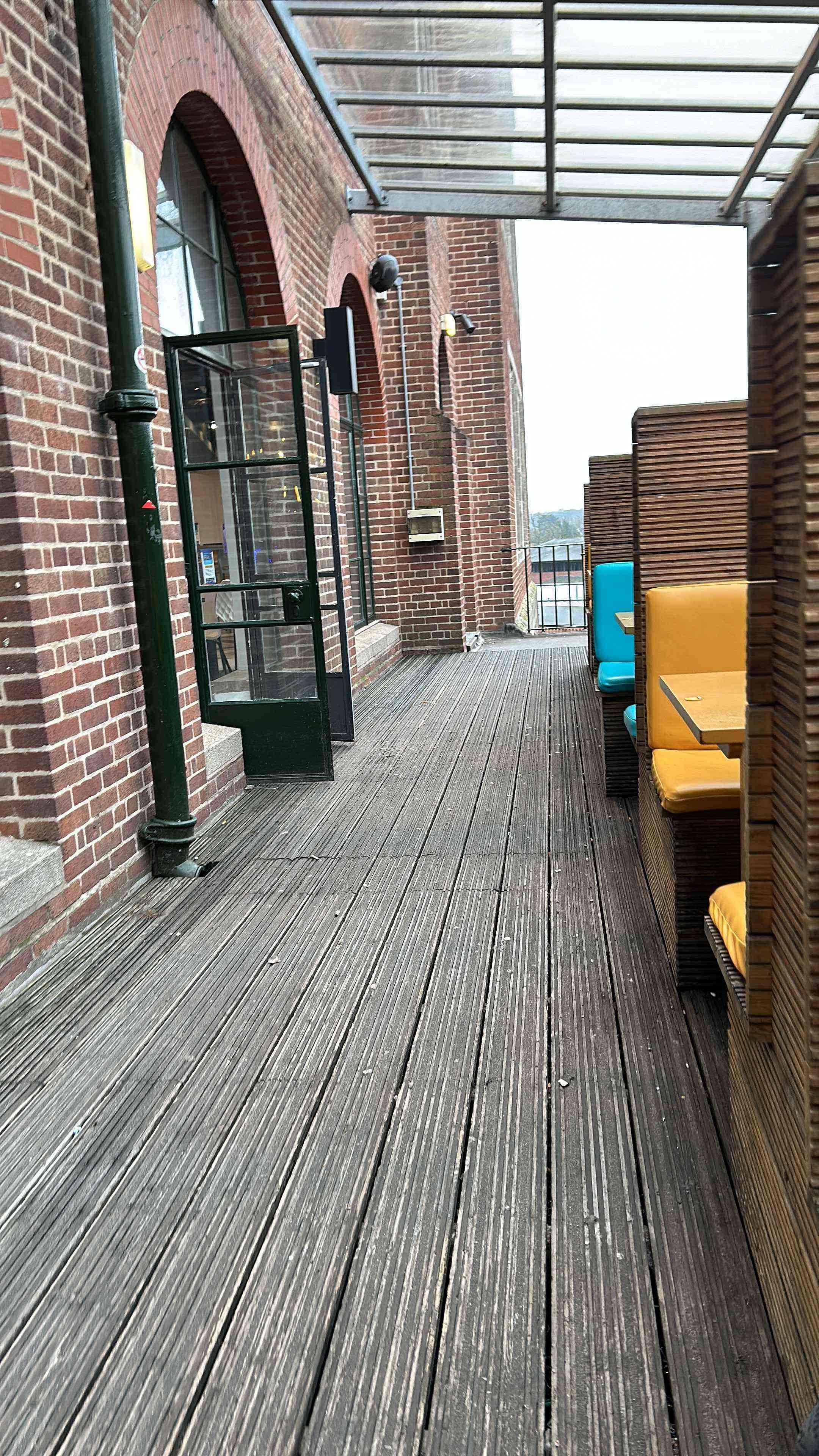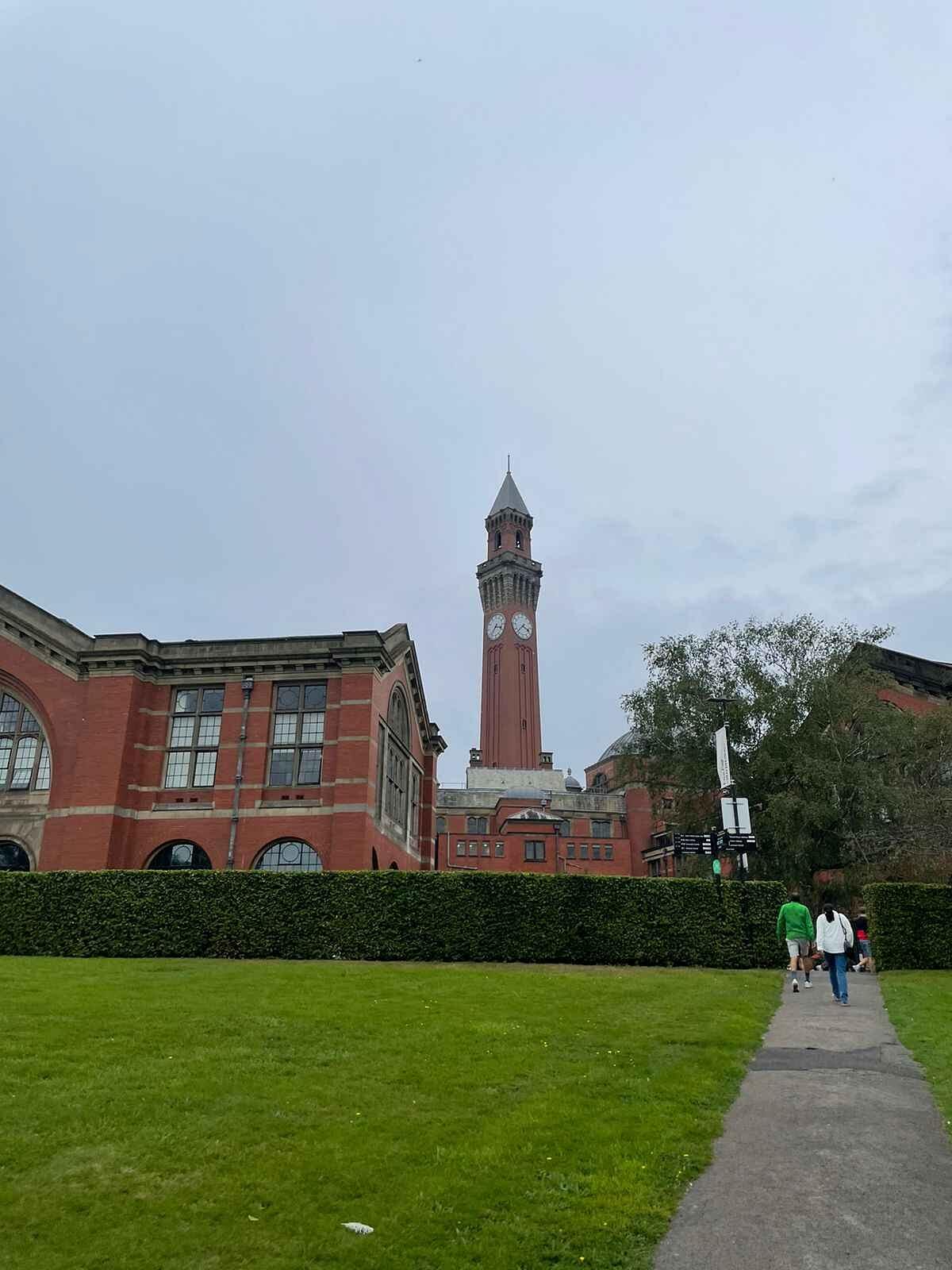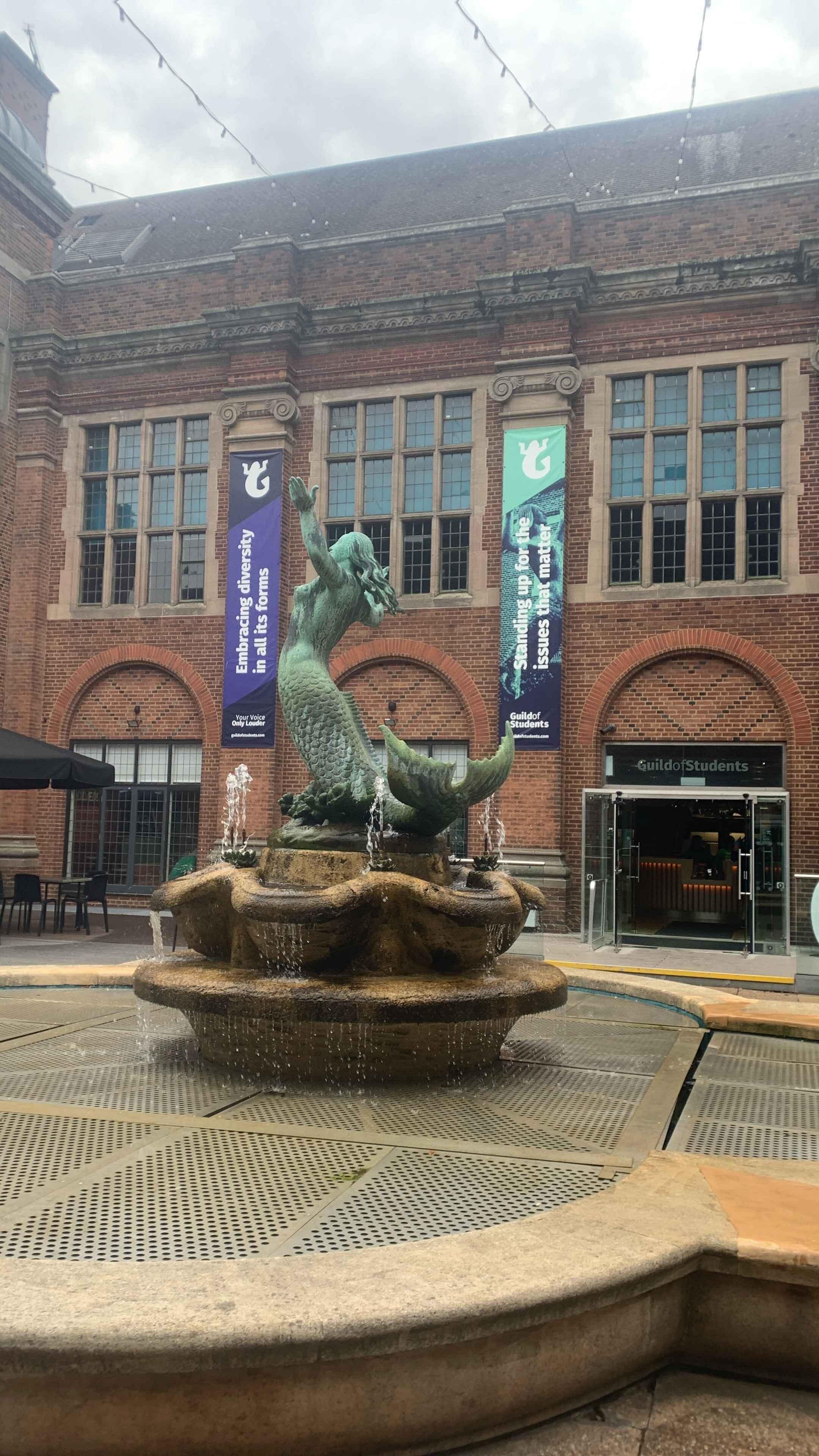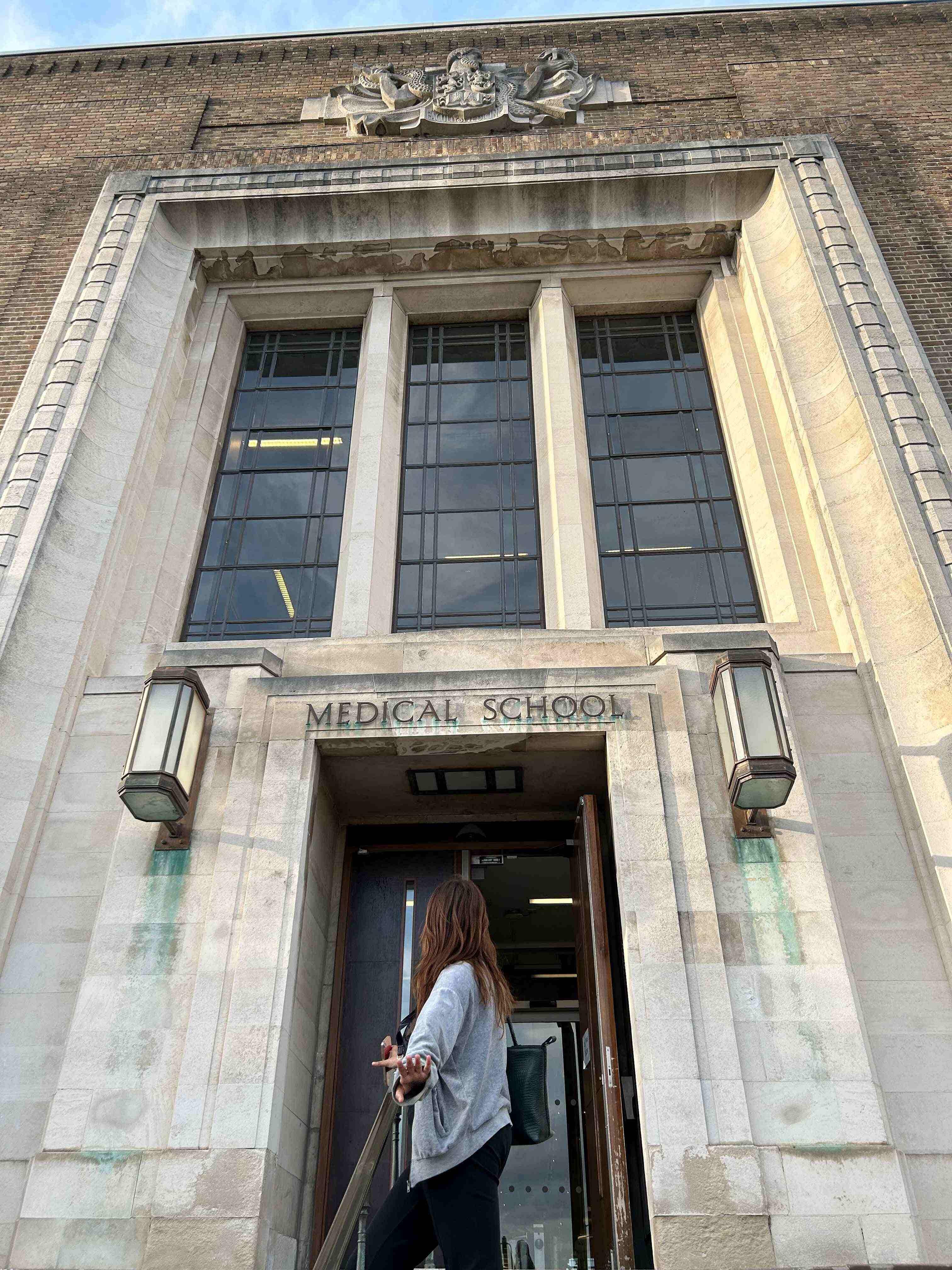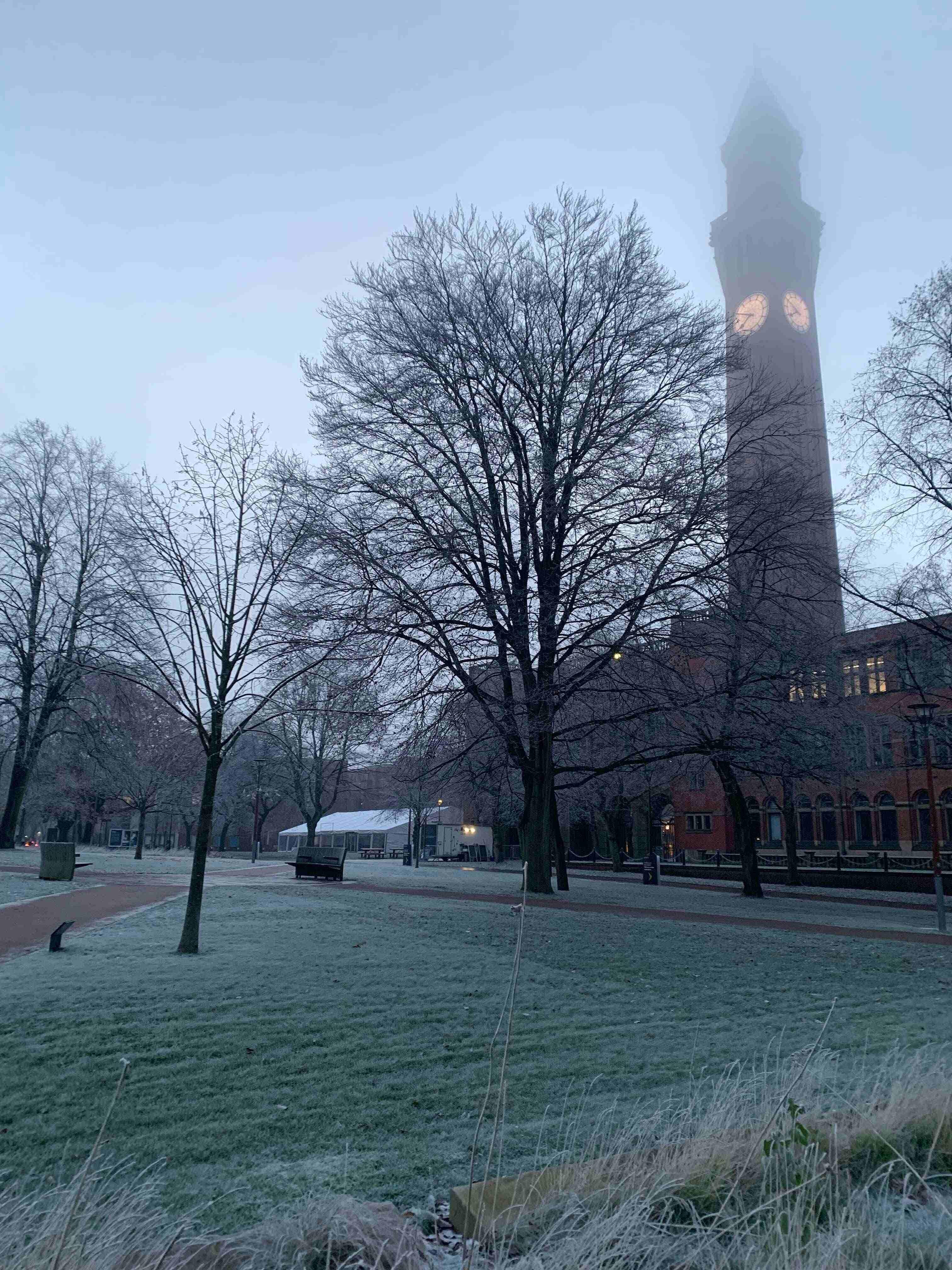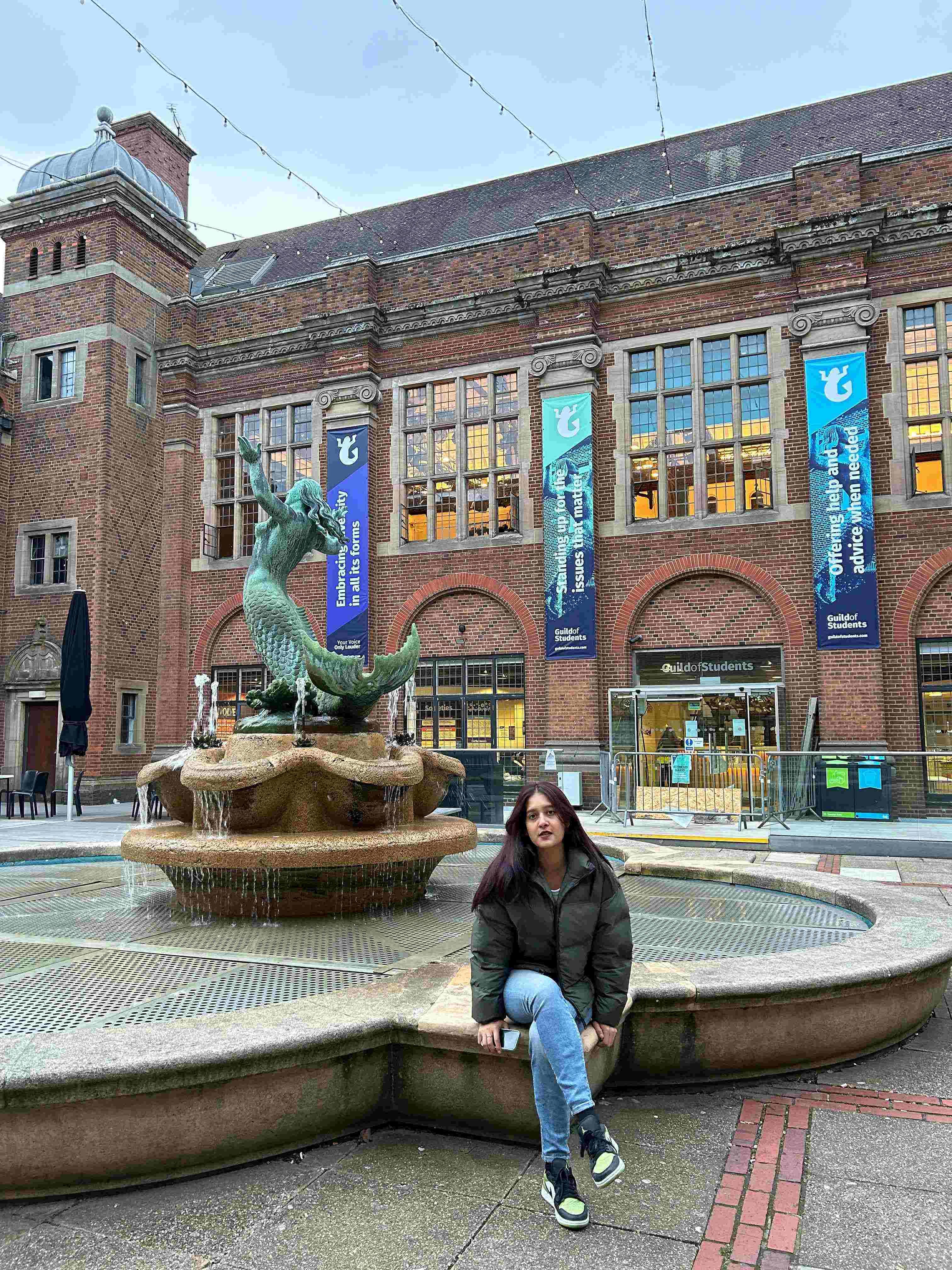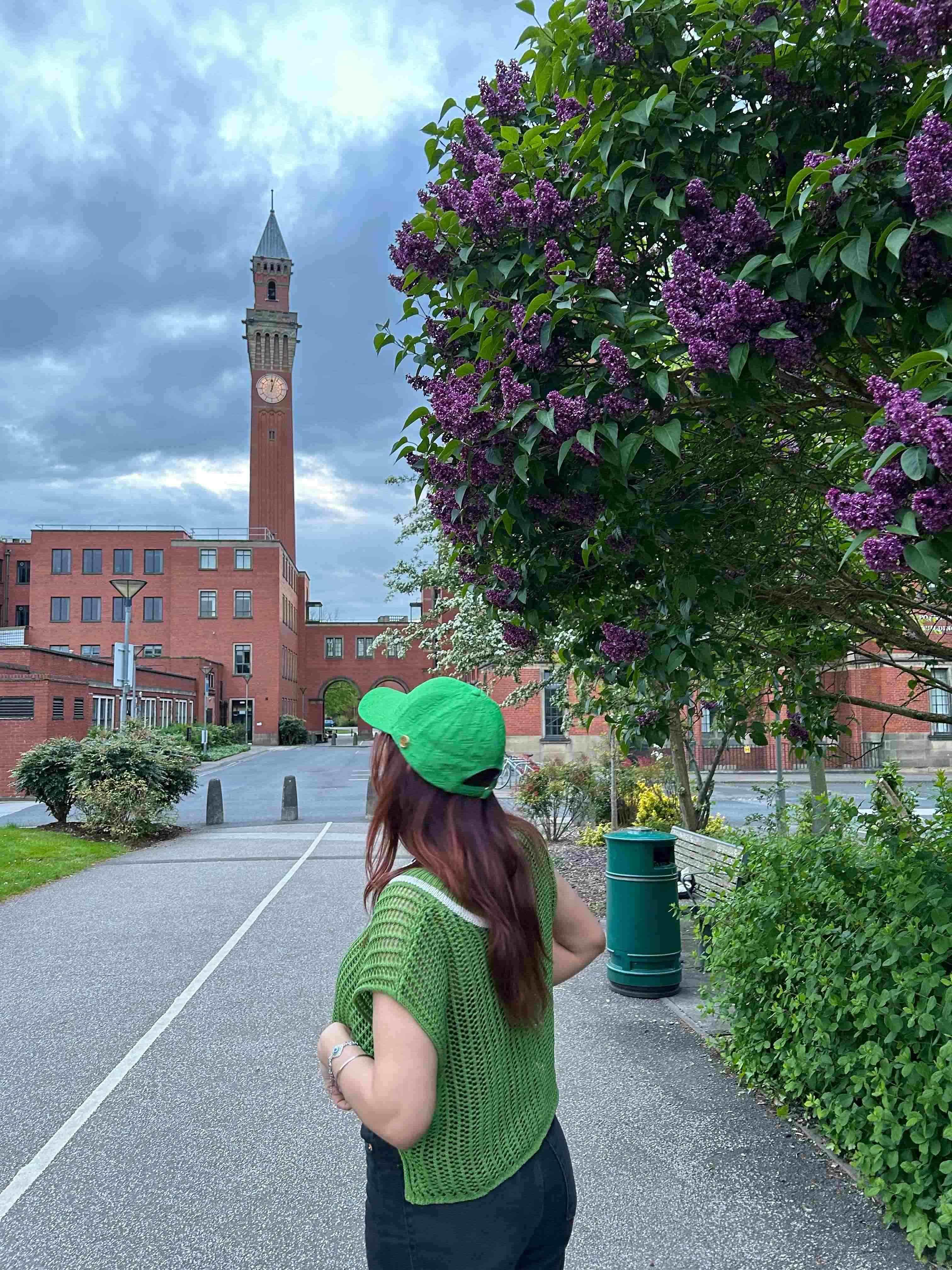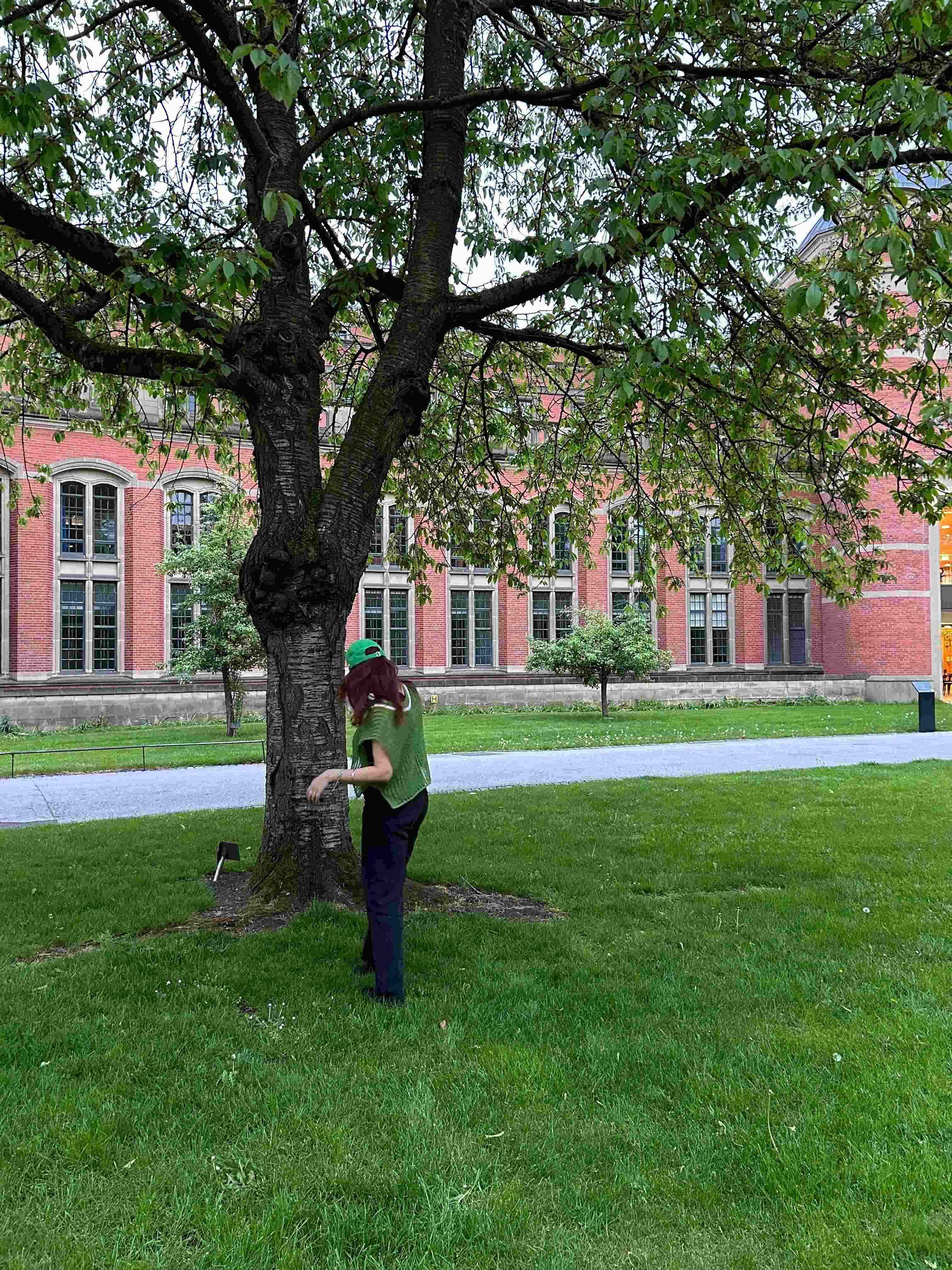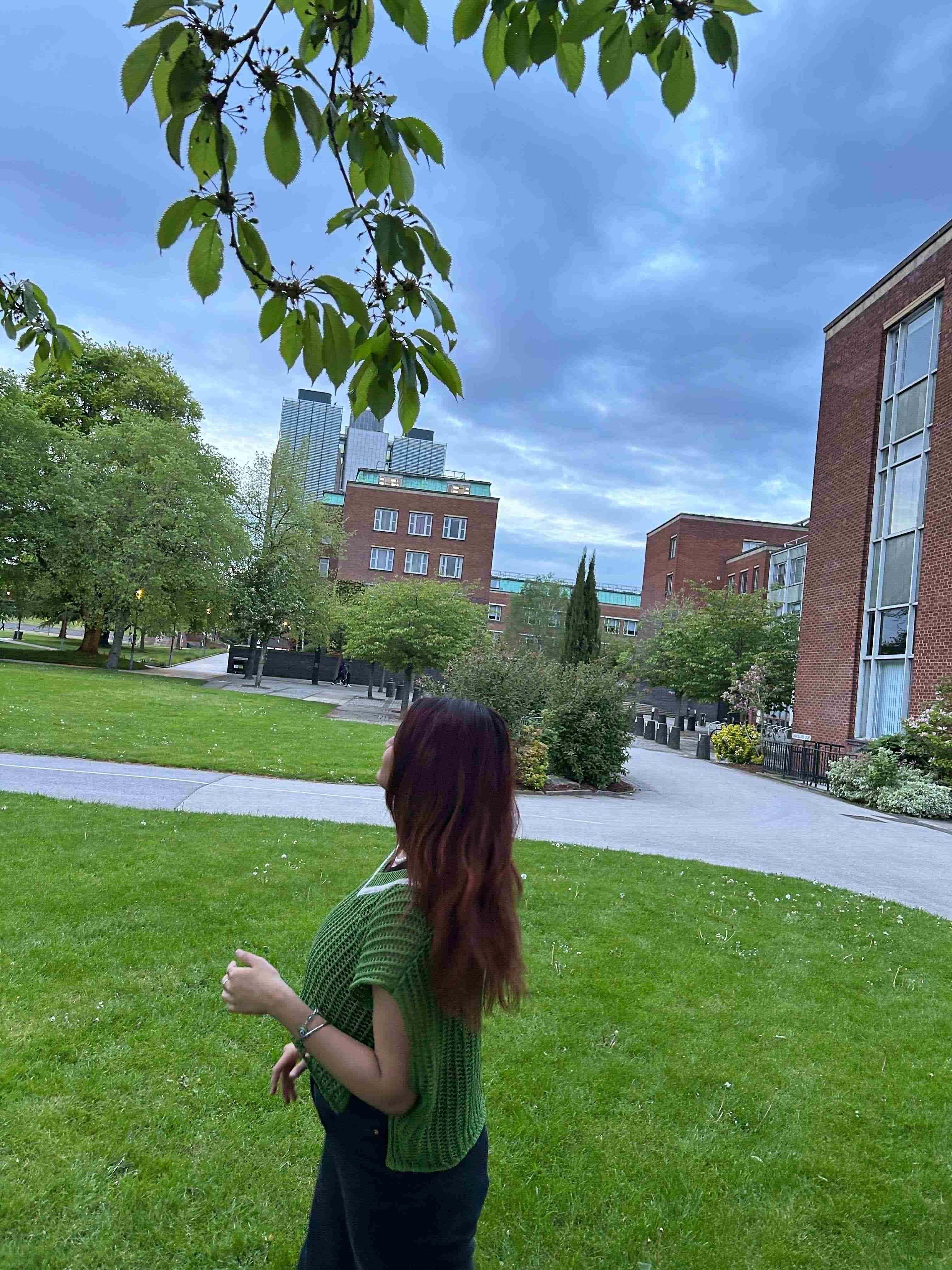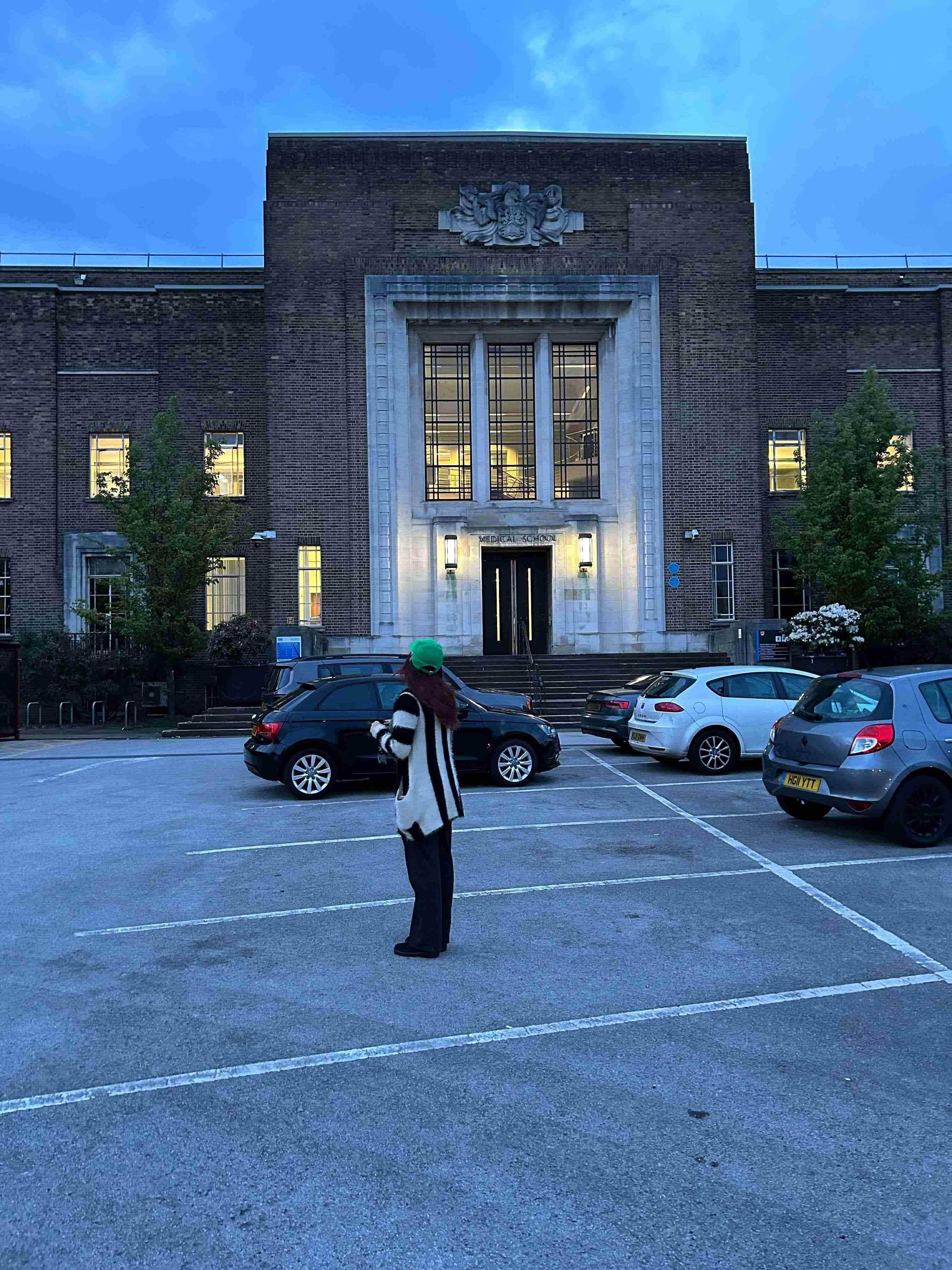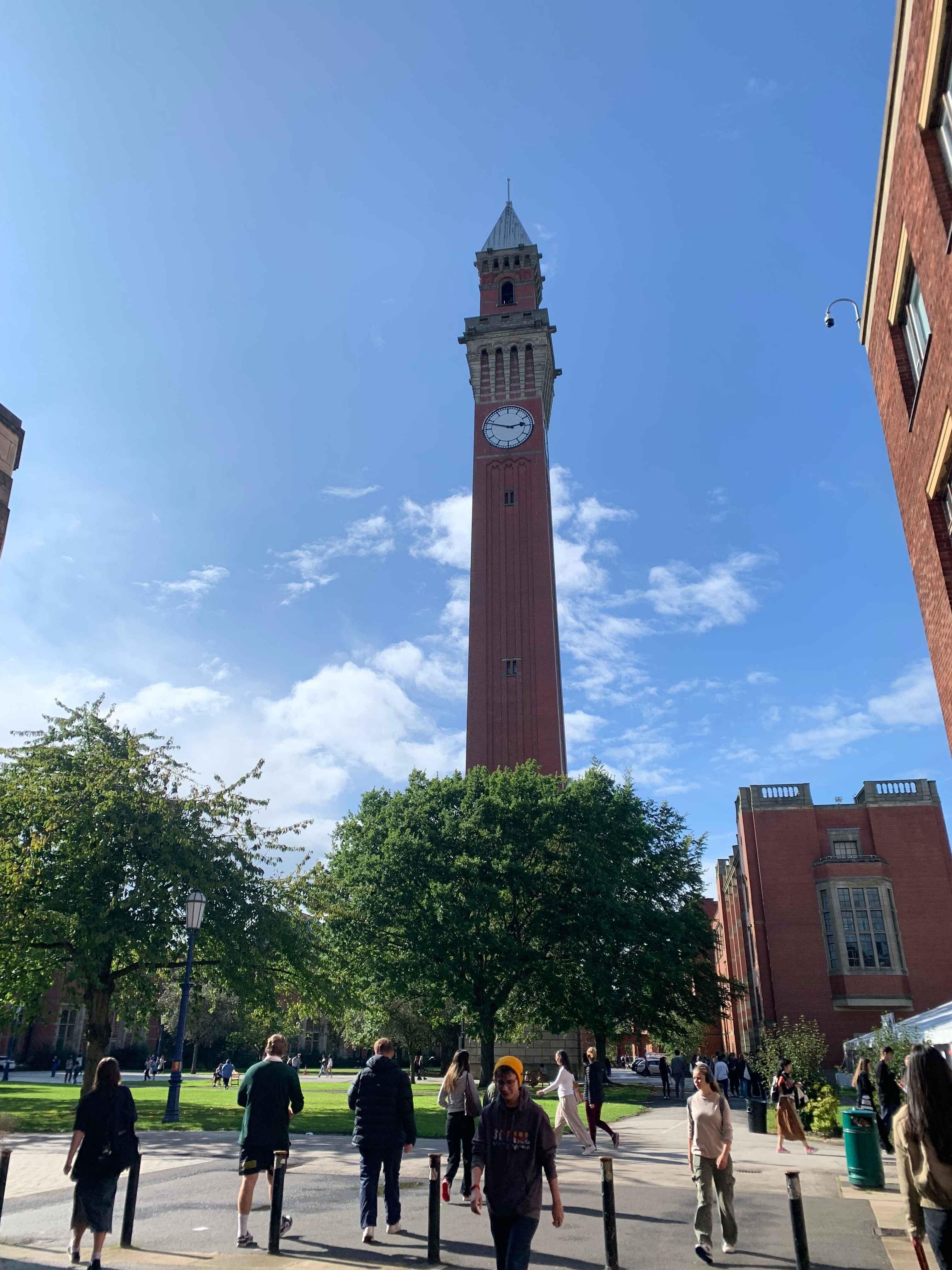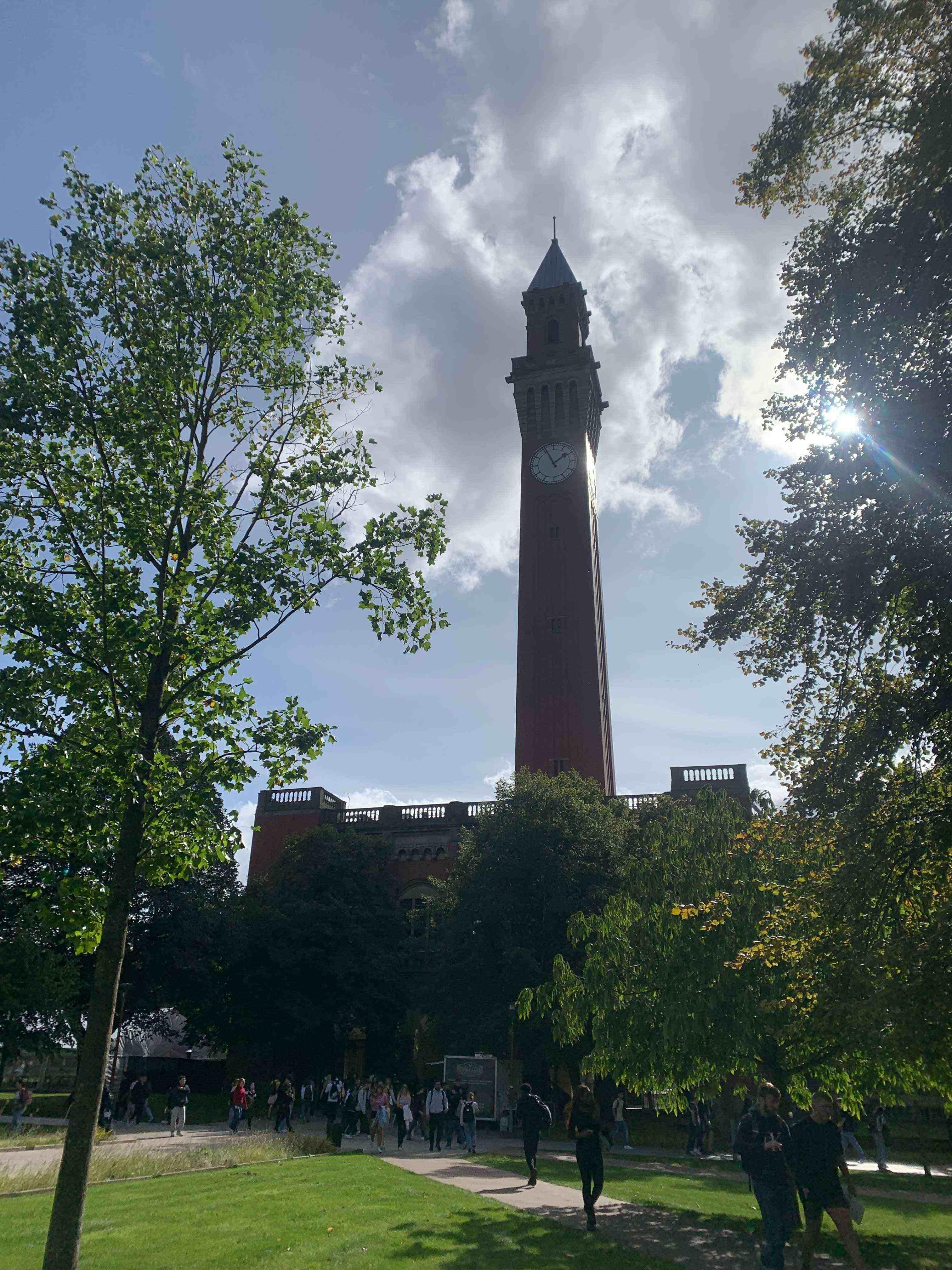What Students Say
Likes
- The campus is super vibrant and active.
- The faculty is really helpful and supportive.
- The diversity in the university is at maximum, with people from all backgrounds bonding in the best way possible.
Dislikes
- I didn’t like the fact that the university expected us to self-study only instead of teaching much.
- It’s a research-intensive university, which mostly means that they’ll give you a lot of time to research independently.
- Opportunities will not be handed over to you, but you’ll have to be really proactive to grab them.
Course Curriculum
- The course is obviously not easy, but being attentive and self-studying would really make things easier. The university is known for its research-based education but that mostly means self-studying and independent research.
- It was a mix of both theoretical and practical approaches. We get a personal academic tutor throughout the course who helps during assessments or whenever you struggle in academics. My classes were 9-5 every alternate week.
- Professors would be open to giving references but you’ll have to do the main work. They can only guide you, hard work is your job. I admire my course faculty because of how supportive they are. They are welcoming, and friendly. Our first day was meeting all of the professors and choosing our modules.
Admission Experience
- I applied to Queens Mary and Hull University and was accepted into them. I didn’t get any rejection from any university. I applied through my counsellor, and I applied to places where I knew I’d receive it. I applied for different courses at different universities instead.
- I got into the ones we applied for, but I chose the University of Birmingham due to its ranking and my course faculty.
- I chose this university because of its campus, its location, and its ranking. The most important aspect for me was my course modules and faculty, as well as the further opportunities. I received a conditional letter first, then I submitted my documents. I reviewed a scholarship and an unconditional letter with CAS.
- I didn’t take any exams for my course. My IELTS was waived as well. Overall, I didn’t go through major challenges. It was a pretty smooth process for me, as I had researched most of the things.
- I applied for the September 2023 intake. I chose this because I graduated with my bachelors before that, and I didn’t want any education gaps in my journey.
- So, I came as quickly as I could. Moreover, I think the January intake is tougher because the new people have already arrived and it might be a little tough to get along since every master's student already started their journey and their bonding.
Faculty
- The average people in my class are 120-150 people. There are a lot of Indian students in the university but I noticed a smaller amount of Indians in my course. There’s a lot of diversity in the medical school.
- The teaching methodology is mostly a slide show that plays and is explained from the professor. This is the most that is done. If you have questions, they are always open to answering them.
Campus Life
- There’s one campus in Edgbaston, a sunny oak area with different buildings for different subjects. The campus is huge, vibrant and diverse. It’s amazing to just walk around the campus. There is a well-being team on the campus, along with a community safety team.
- There’s 24/7 surveillance on the campus. The library is huge, and and there is a student union called the Guild of Students where a lot of activities take place, such as self-defence classes, dance classes, pot painting, jewellery making, crafts and other similar activities.
- There are Indian festivals celebrated by the Indian society.
- Oh, there are societies for every country and every hobby. You can also create your own society. It’s really happening and interesting. There are also career network events.
Part Time Jobs
- There are a lot of opportunities you can grab at the university, like student ambassador and representative positions. I work as a research assistant currently at my university and also as a student ambassador.
- So, I work on open days. Usual hourly rates are £12/hour along with the holiday entitlement.
- The maximum hours of work you can do during term time is 20 hours a week. It’s really easy to secure on-campus part-time jobs, as there are a lot of openings when you just arrive. It took me a month to secure jobs at the university after my arrival.
- Indian students work at the university as ambassadors, or the guild of students as content shapers and creators. There are a lot of opportunities on campus but also off campus.
- There are hospitality agencies for part-time, like Constellation and Evolution, which pay £12/hour as well as holiday pay. It’s not that easy to secure off-campus placements but it really depends on your proactiveness and attention.
- The usual process for students is to apply online through platforms like Indeed, LinkedIn, and agency sites. You can make a CV suitable for part-time and apply using that particular CV. It’s a pretty smooth and simple process. Just stay active and remain calm. It takes time, but it happens with consistency.
Placement
- Full-time job opportunities honestly depend on the student itself. How well he/she networks, how well he/she actively applies after arrival, and how well he/she develops skills. Fortunately, there are a lot of skill development and career networking events that happen at the university.
- There are career fairs happening at the university that show the graduate schemes of different companies and roles.
- We have online job portals of the university like Worklink. Major companies that hire from my program include the NHS, which offers sponsorship.
Accommodation
- I found my accommodation through the university portal and chose the accommodation on campus. This was the best decision I made, honestly. So many activities like pot painting, jewellery making, and parties all got the people to bond with each other. I would always recommend an on-campus accommodation.
- University was a 5-10-minute walk, depending on where you have to go. The monthly rent was £700/month and included all facilities like electricity bills, water, repair, maintenance, everything.
- I didn’t have any challenges while booking my accommodation; it was really simple and smooth. University accommodations will really help you grow with the other students, have the best university life, be close to the university and the whole area is a student village.
- It’s a good feeling; you can’t ever feel alone. A lot of Indian students were there in my university accommodation.
Exams
- I didn’t have to take any exams.
- My IELTS was waived off due to my marks in the 12th grade and my bachelor's.
- For the admission process, certain documents to keep in hand would be a statement of purpose, a letter of recommendation (maybe one from school and another from bachelors; also maybe another one from the workplace), a curriculum vitae and your transcripts.
- There was no interview for the application process.
Fees
- It was 26L for the course. Then another 8L for the accommodation rent for the whole year. Monthly expenses varied from 30,000-50,000/month.
- Cabs are expensive but buses are 400-500 to travel for the whole day anywhere in the city. There’s an option to pay the accommodation and tuition fees in instalments. I had mine set up for every 3 months at the university.
Scholarship
- I received a global master's scholarship at the university. This was automatically given to me after receiving my unconditional letter of admission. I think it’s mostly based on your profile, your academic background, and your statement of purpose.
- This award amount was 2L, which was automatically deducted from the tuition fees. I know a lot of my friends who received the same scholarship in the same way.
- I’m not quite sure about financial aid, but a friend of mine came fully funded.


